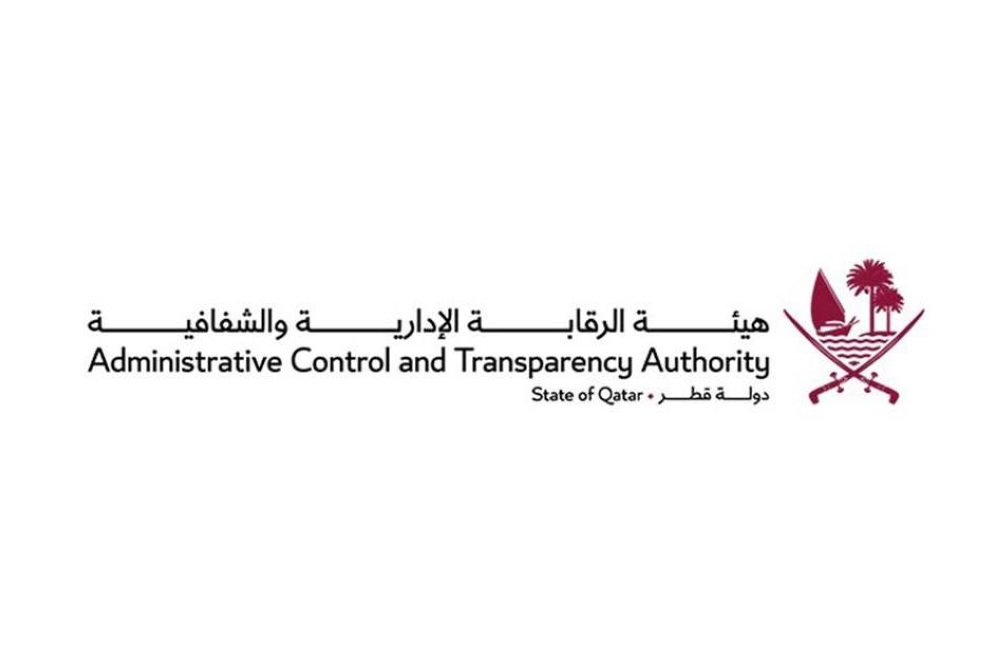The Administrative Control and Transparency Authority (ACTA) is organising a training programme on the law regulating the right to access information from October 2-5 to enhance the capabilities of public officials, raise their efficiency, and provide them with knowledge that enhances their scientific and practical capabilities in the areas of integrity and transparency.
The training program addressed the definition of the concept of the right to obtain information and talked briefly about the law on the right to access information, which includes 27 articles distributed over eight chapters, including many provisions on issues related to regulating the right to access information, including procedures for requesting information, the deadline for submitting information, and cases of accepting or rejecting applications.
The program also addressed legal penalties, which include fines and imprisonment, and obligations on entities subject to the law in terms of automatically publishing information or providing information to the information requester, dealing with requests by acceptance and rejection, the grievance mechanism, and learning about relevant local laws and policies, as well as international practices in this field and practical training for application.
The law regulating the right to access information aims to achieve the maximum benefit from public services provided by various agencies, contribute to employment procedures, enhance transparency in the performance of the relevant agencies, enhance economic participation and encourage economic investment, assist the media, and combat rumors and misleading information, in addition to contributing to scientific researches.
This training program comes within the framework of the development plan pursued by the ACTA to enhance the capabilities of public officials, raise their efficiency, and provide them with knowledge that enhances their scientific and practical capabilities in the areas of integrity, transparency, and prevention of corruption, which contributes to building a significant pillar of the Qatar National Vision 2030, which is human development.
ACTA has developed many educational and training programs to raise awareness of state employees, train them to use advanced methods to uncover corruption, as well as prepare them to cooperate with the authority in this field. In cooperation with national training centers and institutions, ACTA has implemented programs and training courses in many areas, including integrity and transparency, work ethics and job conduct, and promoting a culture of reporting violations and conflicts of interest.

